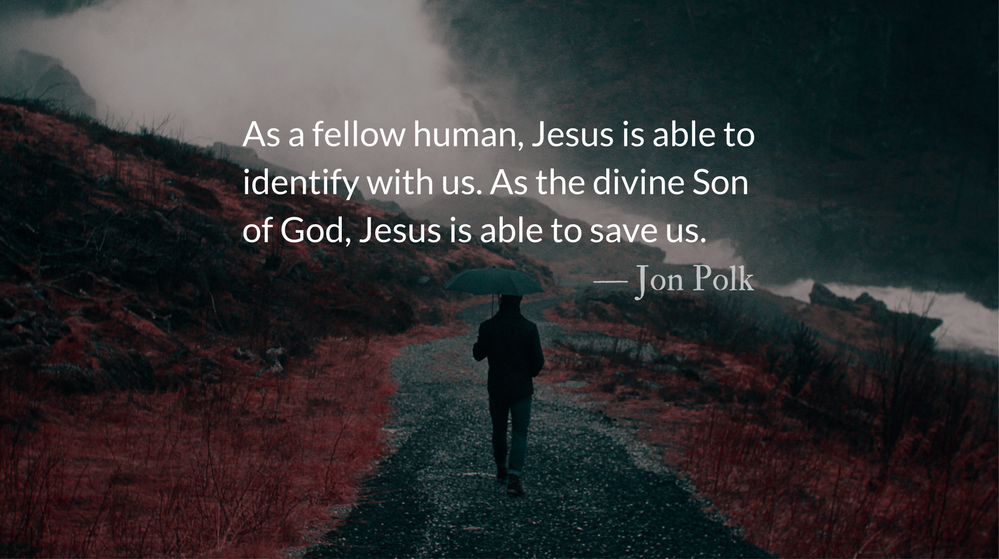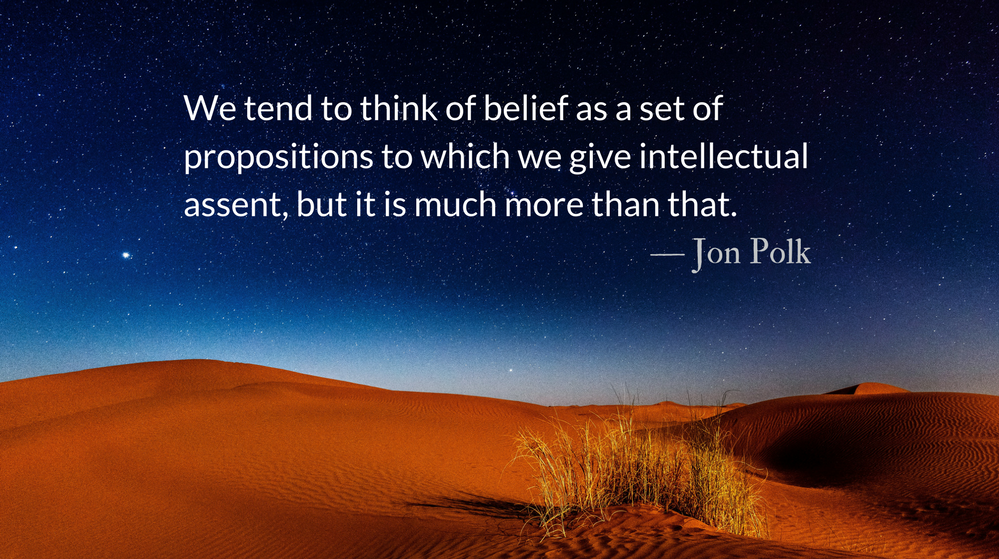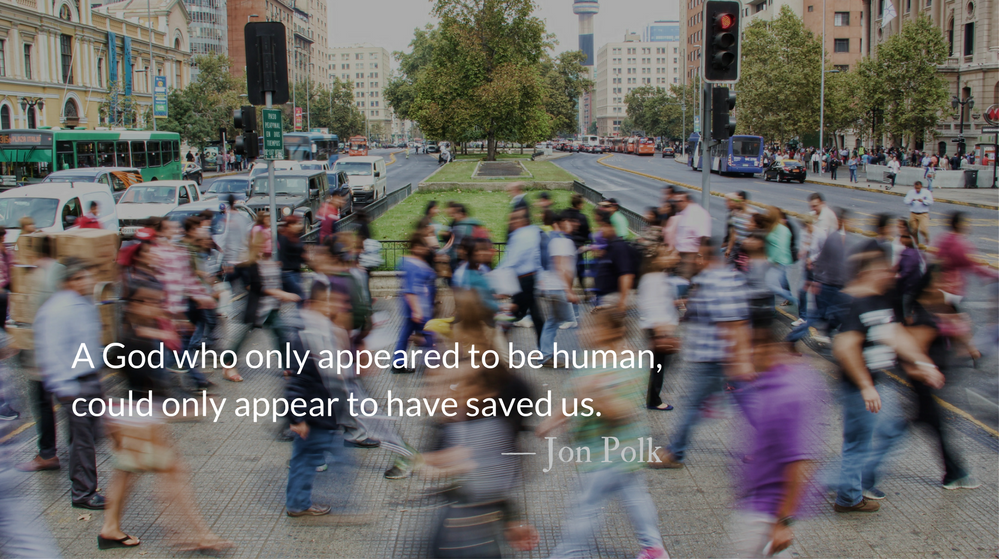Scripture: Hebrews 5.12
In fact, though by this time you ought to be teachers, you need someone to teach you the elementary truths of God’s word all over again. You need milk, not solid food!
Reflection: No Spiritual Fast Food
By Jon Polk
Fast food. We love our fast food. The results of a 2013 Gallup Poll indicated that almost 50% of Americans eat fast food at least once a week. This is in spite of the fact that the majority of those who eat it at least weekly also agreed that fast food is not good for you. But fast food has become an integral part of our culture because of its convenience, portability, and low cost.
What if we managed our spiritual diet in the same way we treat our physical diet? What if we approached our spiritual health in the same way we ignore our physical health?
The reality is that we live in a fast-paced world. We eat fast food not because it is healthy, but because it is efficient. Often the same is true for our spiritual lives. We read our one-minute devotion, say a quick prayer as we head out the door, and maybe listen to a song or two on the local Christian radio station on the way to work. Quick, easy, convenient.
Unfortunately, spiritual maturity does not come quickly, it is rarely easy, and is definitely not convenient.
The recipients of the epistle of Hebrews wrestled with spiritual immaturity. They weren’t willing to grow in their faith and knowledge of God’s truths. They didn’t even try to understand.
The word of God is alive and active and ought to continually challenge us and reshape our thinking and living. We should not be lazy with our faith and simply remain as spiritual infants, but rather work diligently to love God and serve his people. Like the first hearers of this letter, some of us who ought to have matured into teachers and leaders of the faith are still repeating Christianity 101.
A CEO of a large company was interviewing a field of internal candidates for a promotion. When the announcement was made that a five-year employee received the promotion, another employee angrily challenged the executive, “I’ve had twenty years with this company and I was passed over for the promotion by a colleague with only five years of experience.” The CEO replied, “That is not exactly true. You have only had one year’s experience twenty times.”
There are no shortcuts to spiritual maturity. It is a lifelong process of learning and growing and training ourselves in the ways of God’s love, grace and truth.
The Refrain
I call with my whole heart; answer me, O Lord, that I may keep your statutes. — Psalm 119.145
– From The Divine Hours: Prayers for Autumn and Wintertime by Phyllis Tickle.
Full prayer available online and in print.
Today’s Readings
2 Kings 23 (Listen – 7:43)
Hebrews 5 (Listen – 1:57)
This Weekend’s Readings
2 Kings 24 (Listen – 3:21) Hebrews 6 (Listen – 2:58)
2 Kings 25 (Listen – 5:24) Hebrews 7 (Listen – 4:01)











